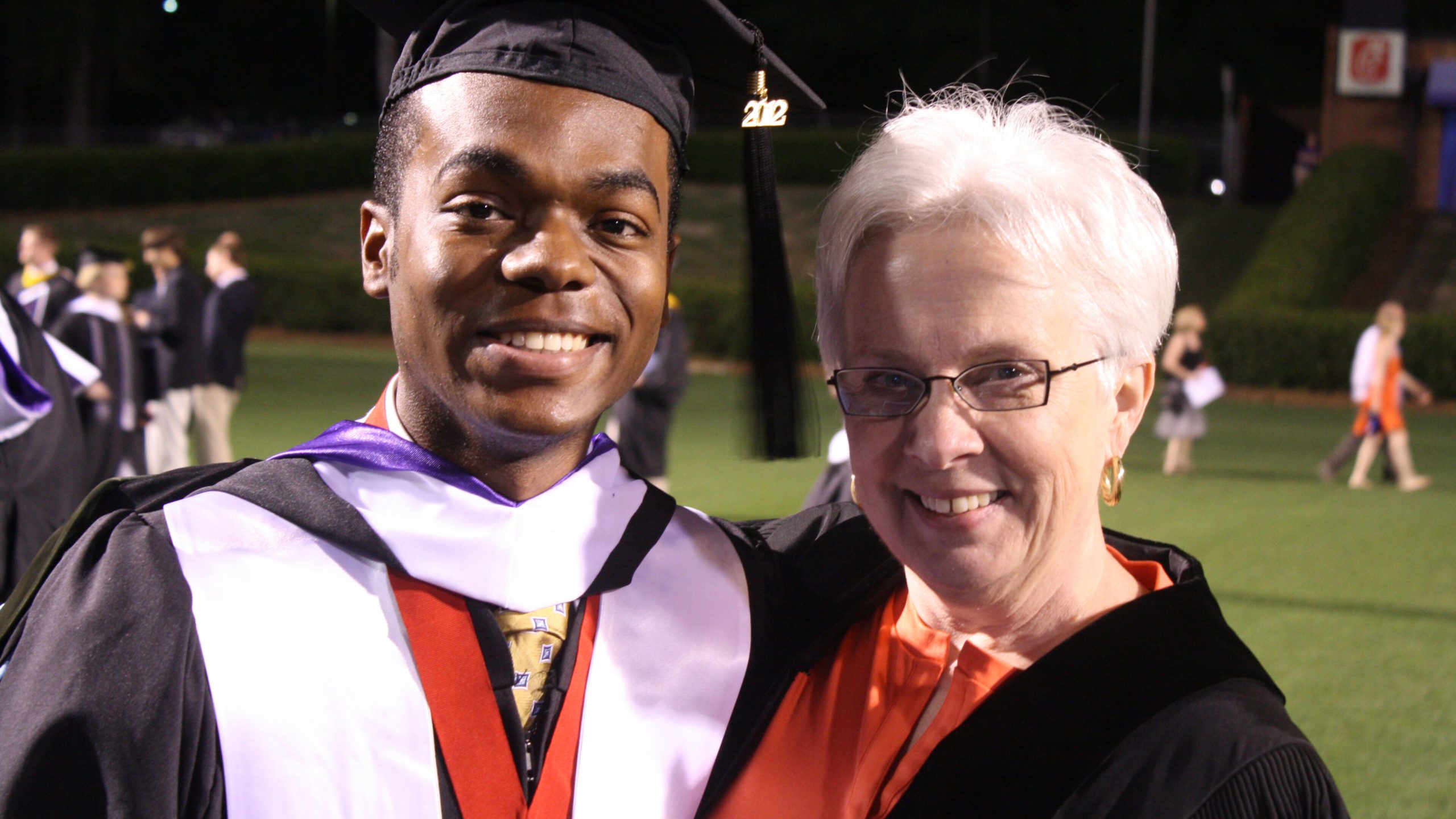Pride is personal and political for alumnus Tensley

Brandon Tensley ’12, a national political writer for CNN Politics, has covered LGBTQ issues as a journalist for years. He recently wrote about ways people can learn more about Pride, so we asked him to reflect on his personal experiences with Pride and to offer more insight. We hope you’ll find his answers as thoughtful and insightful as we did.
Q: Give us some background. Why did you come to Furman?
A: I chose to attend Furman partly because I fell in love with the intimacy of the campus when I visited and partly because I was tremendously impressed with the political science department. When I started at Furman, I dreamed of majoring in political science, going to law school, getting big money at a big law firm, and calling it a life.
That isn’t what happened. The first semester of my freshman year, I took a German class; from then on, I was in thrall to the language and the department, and took every German class I could fit into my schedule.
Outside of classes, I participated in Model UN and was a member of the Student League for Black Culture. Also, my junior year, I co-founded Men of Distinction, a mentoring program for underserved boys at Berea Middle School.
Q: Would you mind sharing the story of coming out at Furman?
A: It might sound bizarre to say this, but I came out largely because of … the LSAT. I was studying for the exam the spring of my junior year—I had signed up to take the June LSAT—and felt like I was drowning in stress. I’m really an awful standardized test-taker, and wanted to pull my hair out over the looming exam. In the thick of all that stress, the only thing I felt like I had control over was the direction of my personal life. So, one night, I went on a walk with a friend—we were both taking May X courses—and came out to her. It was as if a weight had been lifted.
As any queer person will probably tell you, coming out isn’t a one-time thing. After that moment while preparing for the LSAT, I gradually came out to my roommates and close friends over the course of my senior year.
Q: How are you celebrating Pride month?
A: On June 11 I went to the Capital Pride Parade in DC with a few friends. At one point, a marching band played Lil Nas X’s No. 1 hit, “Montero (Call Me by Your Name).” I had a blast!
Q: What are your general thoughts about Pride Month?
A: I love Pride. It’s a season that never felt accessible to me growing up in South Carolina, so it wasn’t until I was in graduate school, at Oxford, that I went to my first Pride parade.
To me, there’s always been a duality to the month. I see it as a time both to celebrate the undeniable progress made in the fight for LGBTQ equality and to reflect on the work still to be done. I have lots of older gay friends—eldergays, as they call themselves—and it’s important to me to listen to their stories. Because of ambient and state-sanctioned homophobia, queer history can be very scattered and difficult to find. But it’s crucial to know your history, I think, and to learn about it from your forbears whenever you can.
Q: What’s the next thing we need to accomplish?
A: In some of my recent writing for work, I’ve focused on many GOP lawmakers’ obsession with picking fights with LGBTQ Americans—and in particular with chipping away at the rights and status of transgender children. I think that it’s crucial not to turn away from this issue.
I think often about what the UC Berkeley philosopher and gender theorist Judith Butler (they/them) told me during a conversation about the effects of anti-transgender legislation: “We’re talking about kids who already feel themselves to be very different, who are trying to come to terms with their embodiment and their lived sense of who they are and what their gender might be. This is an enormously vulnerable time for kids. They need support. They need room to be able to explore their feelings and to be able to speak freely about their gender and their sense of their own reality. They need to be able to communicate all that to others without fear of reproach, stigmatization, exclusion, discrimination or violence.”
Q: What advice do you have for students who are LGBTQ+ and who will be entering the world on their own soon, and for their non-LGBTQ+ friends to support them?
A: For LGBTQ students, my advice is: If you’re not out, don’t feel like you have to come out until you’re ready. Also: Surround yourself with people who will love you and support you. That last one probably sounds hokey, but building strong and nurturing friendships is very valuable, and can be more challenging to do as you get older.
For straight people, my advice is: Be there for your LGBTQ friends. Are things better now than they were 15 or 30 years ago? For people living in certain places, yeah, sure. But we still live in a society that tends to treat queerness as something unusual, as something that’s not quite right. And that’s no little thing to have to grapple with every day.